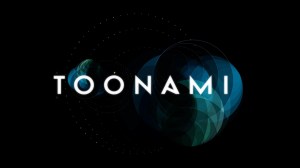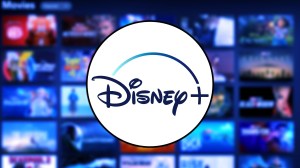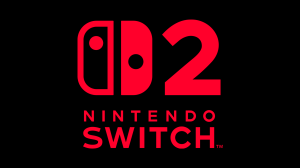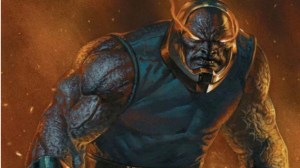Ten years after the world first learned that Disney was acquiring Lucasflm, we find Star Wars in a state of being one of the most imbalanced (though still beloved) franchises around. So what’s to be done about it?
Videos by ComicBook.com
Sunday, October 30, 2022 marked the ten-year mark since Disney announced that is was acquiring Lucasfilm first broke. It’s been a convoluted journey for Star Wars since that time, to say the least: We got the Star Wars Sequel Trilogy as Disney’s first big attempt to bring the franchise into a new day, only to end up causing one of the biggest schisms the Star Wars fandom has ever seen. The franchise was to selectively expand upon certain characters and elements of franchise lore in the Star Wars standalone films, only to have that entire line of projects falter from clashes between directors (Gareth Edwards, Chris Miller & Phil Lord, Josh Trank) and/or box office disappointment (Solo). Star Wars seemed to find a new lane and new life as a TV franchise, with The Mandalorian exploding into mainstream popularity since it was launched in November of 2019 and launching a whole new Star Wars TV Universe.
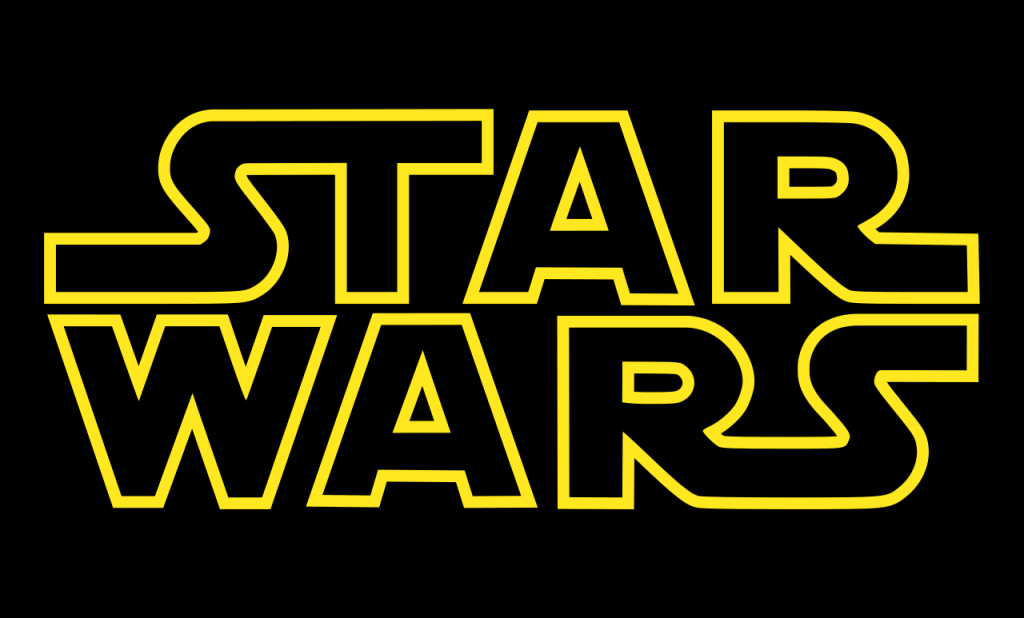
And yet, The Mandalorian seems to be a singular success in terms of Star Wars TV that both attracts a larger mainstream audience, and overwhelmingly pleases both fans and critics, alike; The Book of Boba Fett and Obi-Wan Kenobi TV series have both invited a lot more debate and/or criticism.
We now cross the ten-year mark during a particularly telling week for Star Wars: the latest Star Wars TV series Andor (a prequel to the beloved and debated Rogue One: A Star Wars Story) continues to enjoy massive acclaim – even while it struggles to build the size of audience the other series have. Star Wars: Tales of the Jedi also just arrived with its animated anthology stories about key Star Wars characters – but while it hit big with hardcore fans, it’s done little to draw in those who still refuse to engage with the animated side of the franchise. The same goes for Star Wars: The High Republic, the new multimedia line of Star Wars novels, comics, and audiobooks, which had done well enough with a dedicated base of hardcore fans, but has little mainstream attention beyond updates on its upcoming TV show).
Projects like Andor, Rogue One, Solo, and The Book of Boba Fett have all tried to get deeper into characters from the franchise who had to go through the tumultuous turns of the Galactic Civil War without lightsabers and Force powers – or the systems of extremism and belief that sustained both the Rebel Alliance and Galactic Empire, only to get divisive and/or tepid responses from fans. Meanwhile, fan-service series like Boba Fett and Obi-Wan get more attention, but just as much criticism for being overly contrived in cameos/crossovers, and/or poorly produced. It’s become near-impossible to even distinguish Star Wars fandom as anything but a hodgepodge of fans of differing tastes, who are rarely (if ever) in agreement with anything anymore, other than Grogu (Baby Yoda) is the cutest reason to watch.
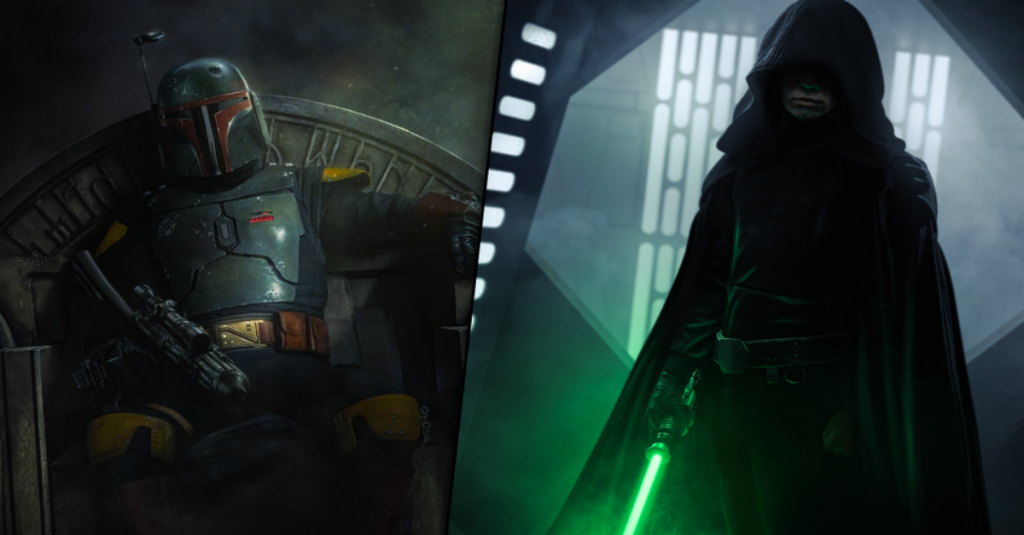
That’s the distinguishing factor that makes Star Wars very different from comparable franchises like Marvel, DC, or even Star Trek: a pick-and-choose bias that has always seemed to keep certain fans from fully engaging with the franchise beyond the most surface, mainstream level, and makes finding even a generally welcoming and non-toxic fandom seems like a pipedream. For all it’s done to sustain the franchise, it’s clear that Star Wars TV will not be the great unifier some hoped it would be after The Mandalorian Season 1.
It was also just in the past week that we finally got news about what’s happening on the Star Wars movie front, with Damon Lindelof (LOST and HBO’s Watchmen) joining The Last Jedi’s Rian Johnson, Thor director Taika Waititi and Marvel Studios head Kevin Feige as someone working on a secretive Star Wars movie project we have absolutely no release date or premise for. So far, all we know is that Lindelof will be carrying the story forward past the mess that was The Rise of Skywalker. That’s healing the franchise also sorely needs, after the warring sets of (half-formed) ideas in the Sequel Trilogy pretty much stopped the entire Star Wars movie machine.

It would be easy to blame executives like perennial target Kathleen Kennedy for all this mess and uncertainty, but in the end, it’s really a baffling symptom of Star Wars itself. The answer to what to do about it may lie in the franchise just leaning into variety and budgeting accordingly, both on the big screen and TV. A Rian Johnson Star Wars existing alongside a Kevin Feige Star Wars, with Lindelof and Waititi bringing out-of-the-box projects would certainly show variety; bringing more TV series that break from the mold of The Mandalorian (like Andor) may also reap better long-term rewards. As for the deeper multimedia commitment: just keep quality for the dedicated fans that love it, but keep mining it for more onscreen content so that Star Wars’ best and most creative content makes it to the masses (Ahsoka, Rebels, Aphra).
How would you like to see the next ten years of Disney’s Star Wars play out? Share your thoughts in the comments!


